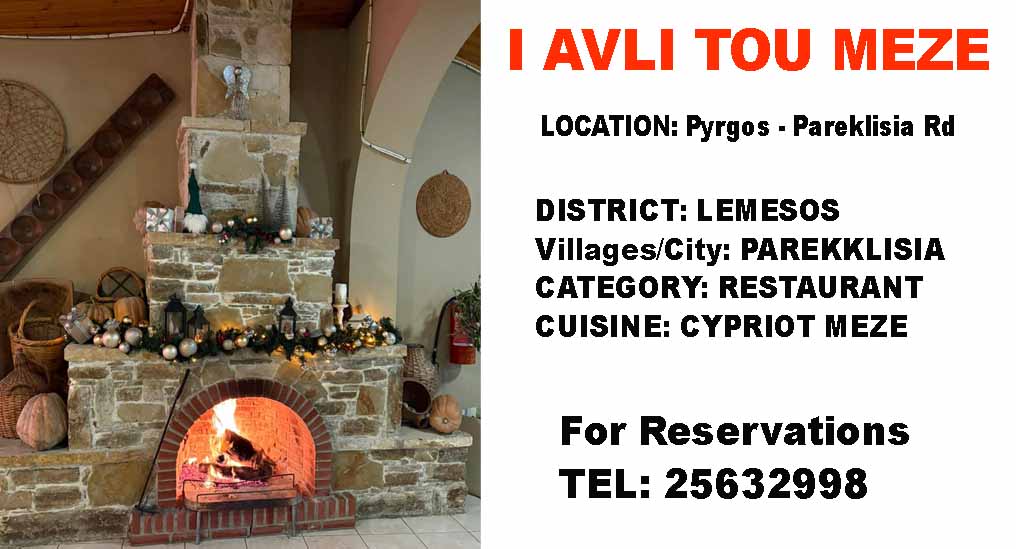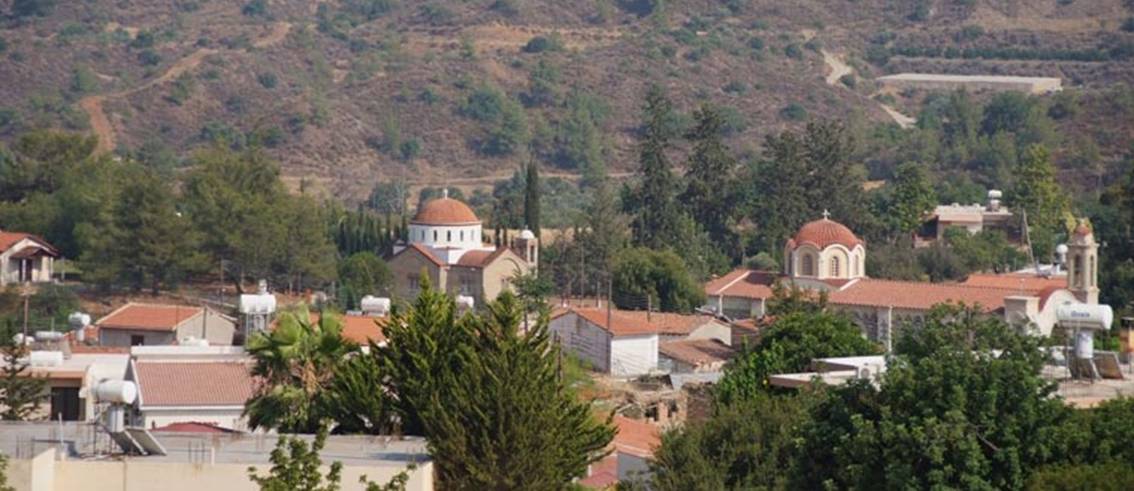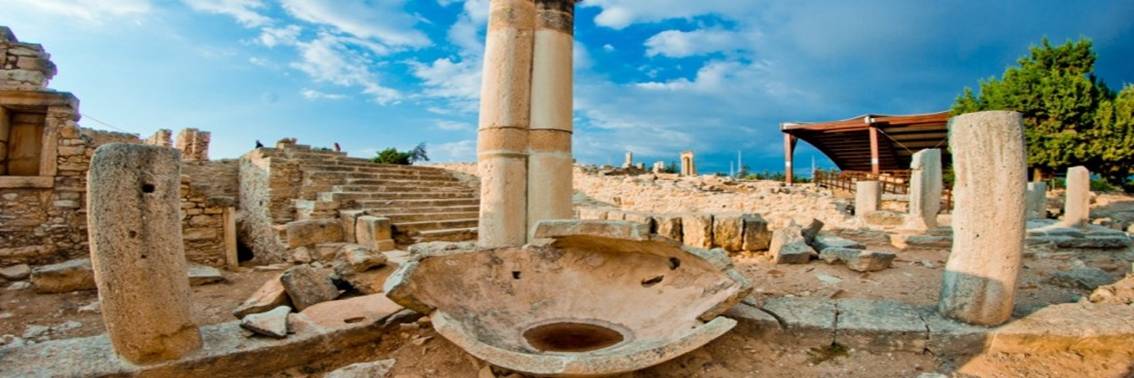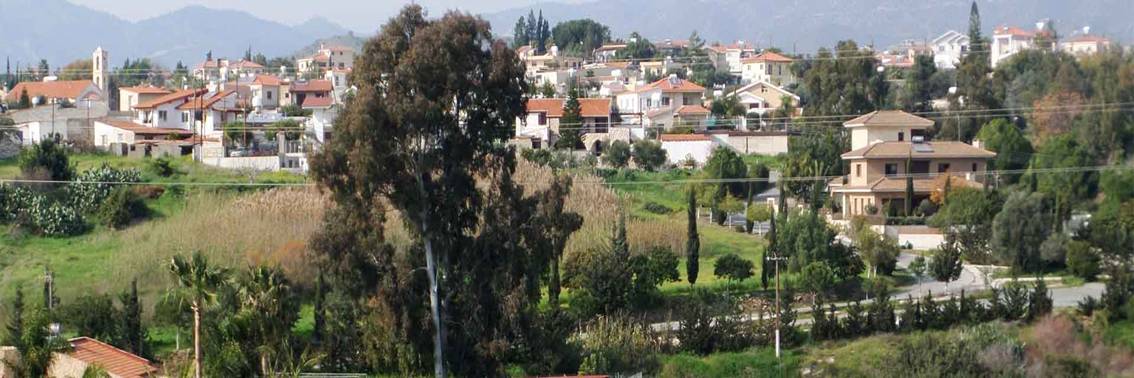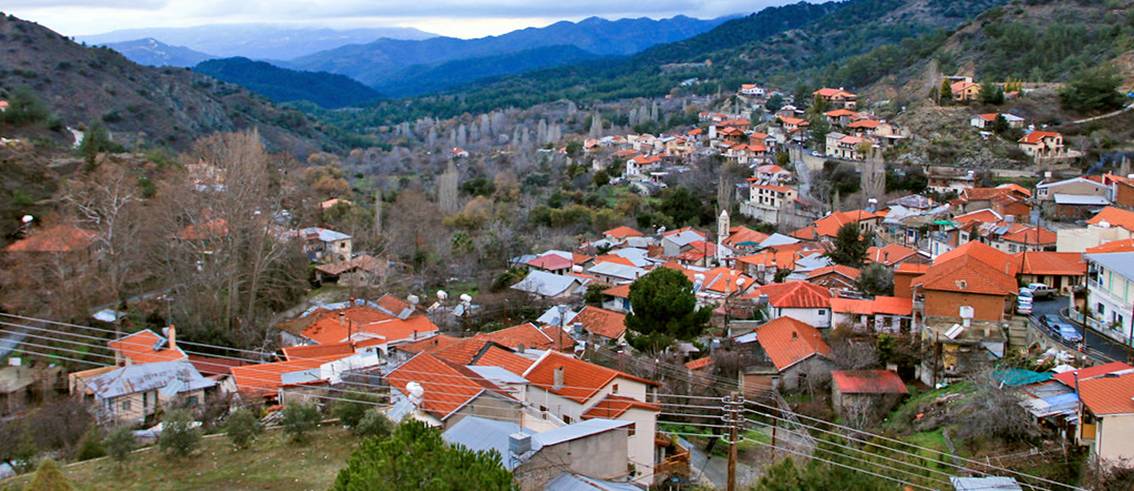Eptagonia Village Limassol
The history of Eptagonia village: Eptagonia is a small village nestled in a picturesque valley, surrounded by mountains and dense forests. Its history is rich in tradition and culture, stretching back centuries. Established by early settlers seeking refuge, Eptagonia has grown into a vibrant community that balances its past with the modern world.
Ancient Origins
The history of Eptagonia village begins around the 5th century CE. During this time, migration and settlement were common in the region. Early settlers were part of a tribal group escaping warfare and political instability in nearby cities. They chose Eptagonia for its natural defences—mountains on three sides and a river providing fresh water and fertile land.
These settlers relied on farming and livestock for survival. Over time, the village grew slowly but steadily. Each generation added to the community’s knowledge in farming, animal husbandry, and craftsmanship. Eptagonia developed a distinct culture, influenced by its founding tribes and neighbouring communities.
Medieval Development
During the medieval period, Eptagonia saw significant growth. The village became more organized, with a council of elders leading governance. Some of the village’s oldest structures were built during this time. The Church of Agia Marina, constructed in the 19th century, became the spiritual and social centre of the community. It hosted important ceremonies and gatherings.
Eptagonia’s isolation offered some protection from regional conflicts, such as invasions and feudal wars. However, trade
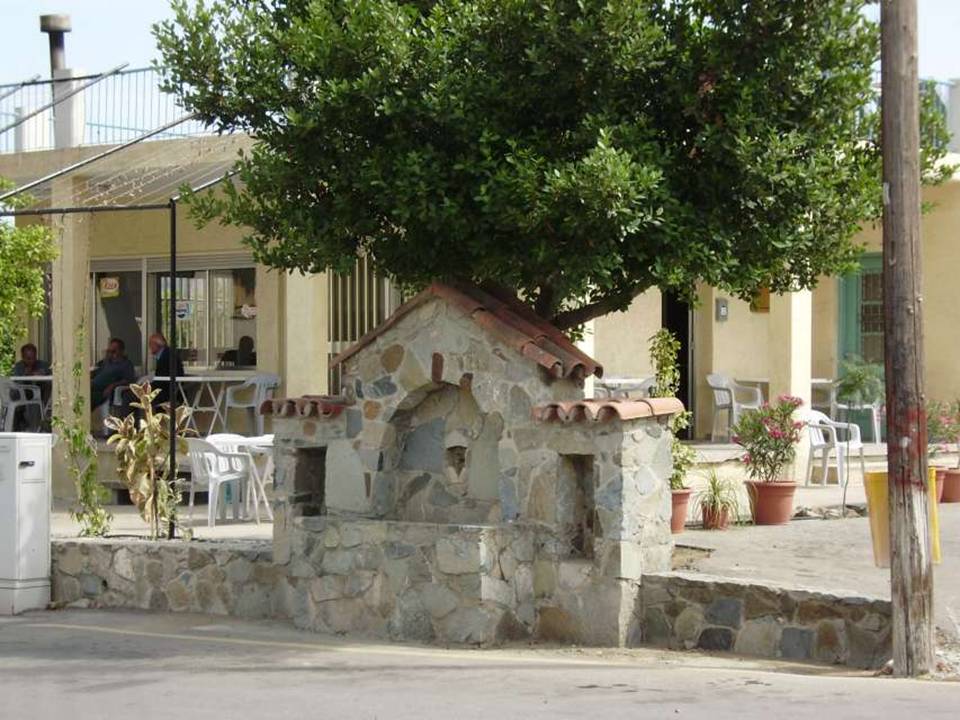
routes passing near the village brought new goods, ideas, and people. These interactions enriched Eptagonia’s culture and introduced new agricultural practices, boosting the local economy.
Early Modern Period
The 16th and 17th centuries brought changes to Eptagonia. As the region integrated into emerging nation-states, the village came under the influence of larger political entities. Villagers had to pay taxes and provide men for military service, which sometimes caused tensions.
Despite these challenges, Eptagonia continued to thrive. The economy diversified, with residents taking up trades like blacksmithing, weaving, and pottery alongside farming. Local folklore and traditions emerged during this period. The annual harvest festival, still celebrated today, became a highlight of village life.
19th and 20th Centuries
The 19th century brought industrialization and modernization to Eptagonia. Roads and a nearby railway line connected the village to the wider world. This increased accessibility brought new opportunities but also challenged traditional ways of life.
The two World Wars deeply affected Eptagonia. Many villagers served in the military, and the wars brought hardship and loss. Despite this, the community remained resilient. Villagers came together to rebuild in the aftermath.

Modern Day
Today, Eptagonia is a small but vibrant community. It proudly preserves its history and traditions while embracing modernity. The village has become a tourist destination, attracting visitors with its cultural heritage, scenic beauty, and traditional festivals.
Despite the pressures of modernization and globalization, Eptagonia has maintained its unique identity. It stands as a living testament to the resilience and adaptability of its people throughout history. Whether through the whispers of history in its ancient stones or the vibrant life in its streets, Vasa offers a unique journey into the past and present. It’s a place where tradition and transformation coexist, creating a timeless appeal.
TELL THEM HOW YOU FOUND THEM. They like it.
